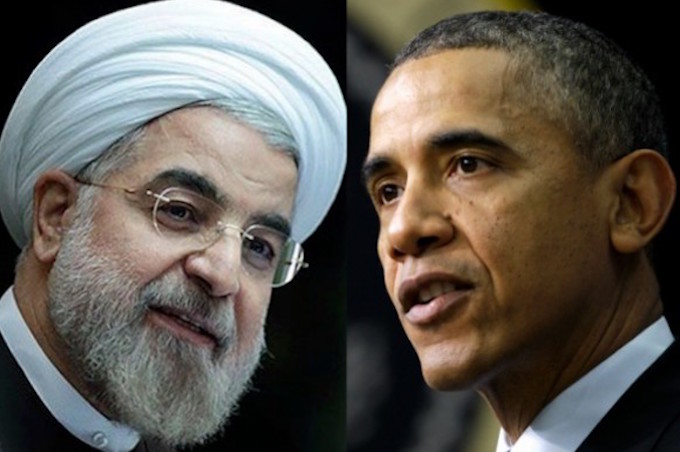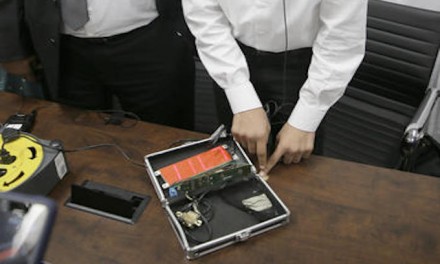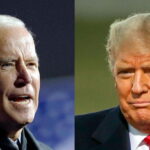President Trump is poised to pull the U.S. out of the Iran nuclear deal next month, with only a last-minute flurry of appeals from European leaders offering a chance of a change of course, Senate Foreign Relations Committee Chairman Bob Corker said Wednesday.
Mr. Trump, a longtime critic of the deal negotiated under President Obama in 2015, faces a May 12 deadline to determine whether he will continue to waive U.S. sanctions on Iran, a key part of the deal. The U.S. partners in the deal — China, Russia, Germany, France and Britain — oppose a U.S. withdrawal, and Iran has said it would no longer feel bound to honor its commitments if the sanctions are reimposed.
The Tennessee Republican told the Christian Science Monitor at a breakfast event Wednesday there was a chance frantic last-minute negotiations with America’s European allies could produce a “framework” to address Mr. Trump’s longstanding complaints about the deal, but that the president appears fully prepared to walk away if he does not get what he seeks by the May 12 deadline.
“If nothing changes between now and May 12, the president is absolutely going to withdraw from the agreement,” said Mr. Corker, who is retiring this year.
Mr. Corker said “many people around the president” would like to see some kind of diplomatic finesse that would strengthen U.S.-European pressure on Iran’s behavior in the region without unilaterally killing the deal.
French President Emmanuel Macron and German Chancellor Angela Merkel are both scheduled to travel to Washington by the end of the month, with the fate of the Iran deal seen as a key focus of their visits. Mr. Corker said the recent joint strike on Syria involving U.S., British and French forces could be a hopeful sign that a compromise is still possible on Iran.
While U.N. weapons inspectors say Iran has adhered to the letter of the 2015 deal, Mr. Trump and other critics say the deal has not delivered on promises to constrain Iran’s other military programs, including ballistic missiles, or temper Tehran’s efforts to destabilize the Middle East and threaten such U.S. allies as Israel and Saudi Arabia.
The leading EU powers are trying to fashion a new diplomatic framework to address Mr. Trump’s concerns about Iran’s ballistic missiles and the strength of inspections on suspect Iranian nuclear and missile sites, but have become stuck on ways to meet U.S. demands to extend “sunset” provisions in the deal that will eventually loosen the restrictions on Tehran.
Germany “especially feels like dealing with the sunset [issue] is changing the deal,” Mr. Corker said.
The other parties to the agreement say they will try to preserve the accord, which lifts a slew of international sanctions on Tehran in exchange for curbs on its nuclear programs. But the re-imposition of U.S. sanctions could cast a major shadow over deals that even foreign firms have been discussing with Iran.
Mr. Corker played down fears expressed by some analysts that undermining the Iran nuclear deal could make a similar deal with North Korea on its nuclear programs that much harder.
Mr. Corker acknowledged he used the same argument in trying to get the Trump White House to ease its hostility to the Iran deal, but said North Korean leader Kim Jong-un has a far more elementary calculus about his nuclear arsenal as he prepares for summits with South Korean President Moon Jae-in and President Trump in the coming weeks.
Mr. Kim “views having nuclear weapons … as his ticket to die as an old man in his bed,” Mr. Corker said. “And he watched [Libyan leader Moammar] Gadhafi give up his weapons lose his ticket to die as an old man in his bed.”
How the U.S. handles the Iran deal “is a speck of sand for Kim compared to the bigger issue of how his regime will survive,” Mr. Corker said.
© Copyright (c) 2018 News World Communications, Inc.
—-
This content is published through a licensing agreement with Acquire Media using its NewsEdge technology.




















Recent Comments